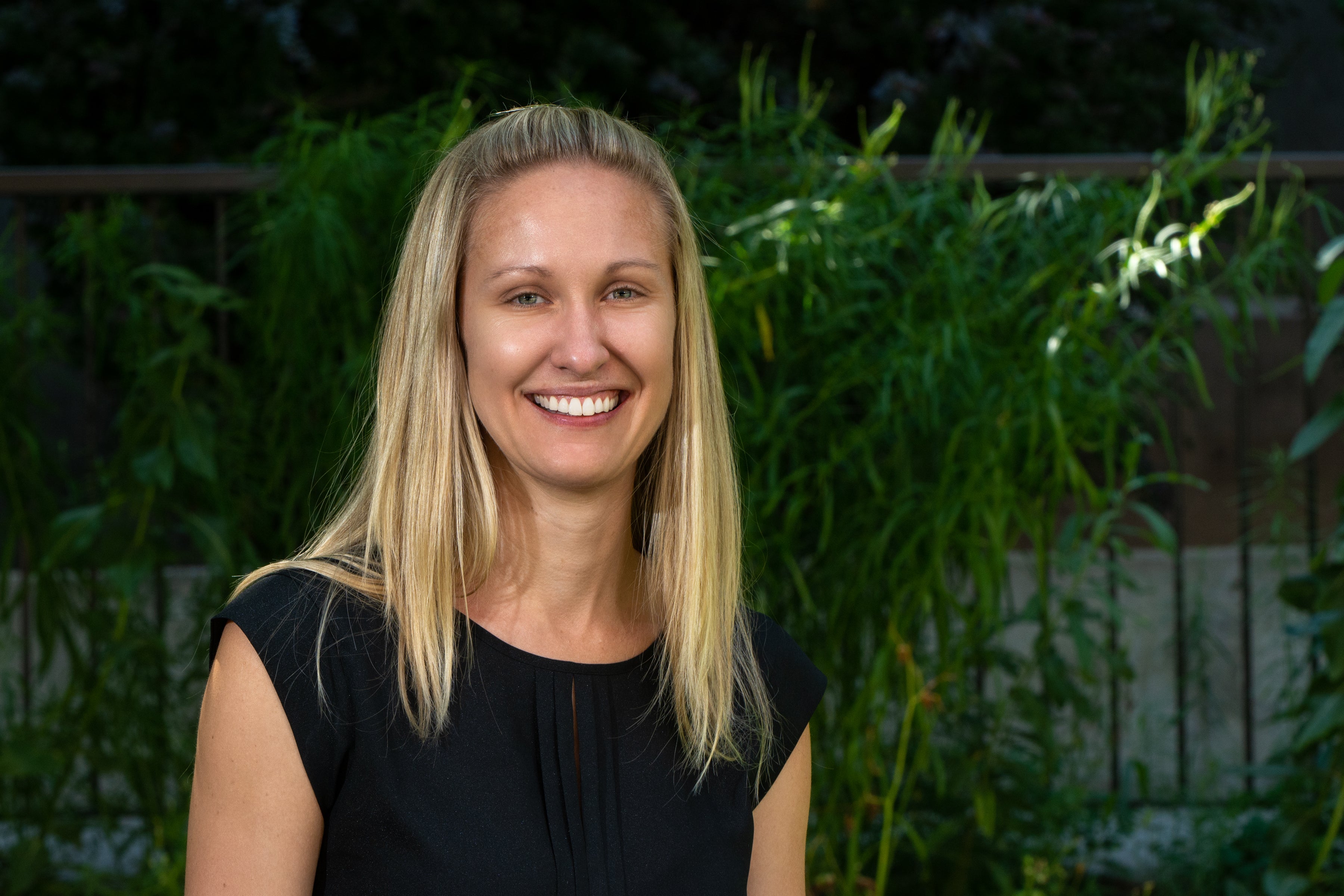Watershed Responses to Shifting Wildfire Regimes in the US West

Dr. Hanan’s research is applicable and interesting for anyone living in the US west who has experienced wildfires. Her work combines landscape ecology, hydrology, and forest management. She uses a variety of research tools including remote sensing, field studies, and models to ask questions about wildfire effects on forests. This will be a great talk for anyone at Bren and our greater campus community to attend to learn about wildfires and climate change.
— Rachel Torres, Bren School PhD Student
ABSTRACT
Climate change and human actions, such as fire suppression, have altered fuel characteristics and fire regimes in dryland systems across the US west. Wildfire activity has also increased in response to non-native plant invasions and climate-driven shifts in plant cover. As the climate continues to change, it grows increasingly urgent to develop tools for forecasting future wildfire activity in these systems, and to anticipate how changes in fire activity will affect their ecological function, including processes such as nutrient cycling and streamflow. My research examines how wildfire influences plant, soil, and hydrologic processes, and the interactions among them. In this talk, I will discuss some of my past and current projects as they relate to the following three questions: (1) How have climate change and human activities influenced fire regimes in the western US, (2) How do shifting fire regimes alter biogeochemical and ecohydrological processes, and (3) What can we expect in the future?
BIO
Erin is an Assistant Professor at the University of Nevada, Reno. Her research focuses on how climate change and management activities influence fire regimes and how shifting fire regimes affect ecosystem and watershed processes. Erin uses both empirical analysis and modeling to address these issues in drylands. Erin earned her bachelor’s degree from University of Southern California, a master’s degree from Florida International University, and her PhD in 2015 here at UCSB in the EEMB department. Erin also worked for two years as postdoc at Washington State University prior to starting her current position at UNR in 2018.